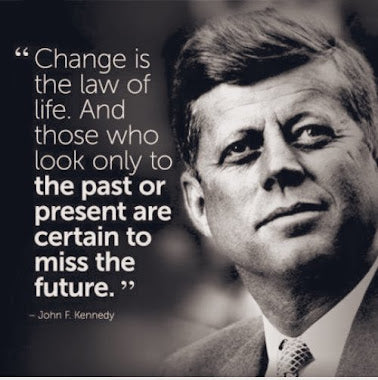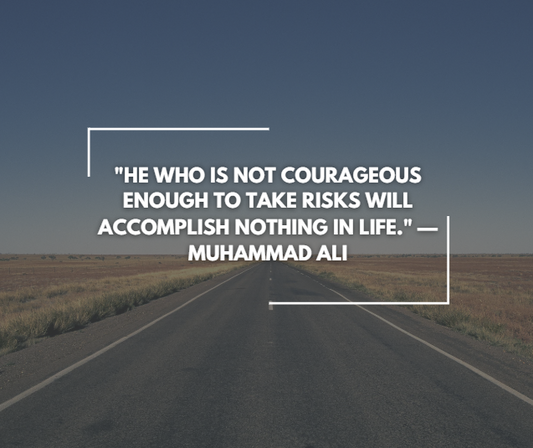"Change is the law of life. And those who look only to the past or present are certain to miss the future." These words from John F. Kennedy serve as a powerful reminder of the importance of embracing change and looking forward. Change is inevitable, and our ability to adapt and innovate is crucial for progress and success. By focusing solely on the past or present, we risk stagnation and miss out on the opportunities that the future holds.
Kennedy's assertion highlights a fundamental truth about life: change is constant. The world is in a perpetual state of flux, influenced by technological advancements, cultural shifts, and evolving societal norms. History shows that societies and individuals who adapt to change thrive, while those who resist it are left behind. The Industrial Revolution, for instance, brought about significant economic and social transformations, benefiting those who embraced new technologies and methodologies.
In the context of personal growth, embracing change is equally important. Our lives are marked by transitions—graduating from school, starting a new job, or moving to a new city. Each of these changes brings opportunities for growth and learning. By welcoming change, we open ourselves to new experiences and challenges that can enrich our lives. Clinging to the comfort of the familiar may feel safe, but it limits our potential and prevents us from achieving our dreams.
Moreover, organizations and businesses that recognize and adapt to change are more likely to succeed. In today's fast-paced world, companies that innovate and respond to market trends maintain a competitive edge. Consider the rise of digital technology and its impact on various industries. Companies that embraced digital transformation have flourished, while those that resisted have struggled. The shift from brick-and-mortar stores to online shopping is a prime example of how adapting to change can secure future success.
Looking only to the past or present can also hinder our ability to anticipate and prepare for future challenges. For instance, the environmental crisis we face today is a result of decades of ignoring the long-term consequences of industrialization and consumption. By focusing on immediate gains without considering future impacts, we have created significant problems for future generations. Recognizing the importance of sustainable practices and planning for the future is essential to ensure a livable planet.
Kennedy's words also underscore the importance of visionary leadership. Leaders who anticipate change and prepare for the future can guide their organizations and societies toward progress. This involves not only recognizing current trends but also predicting future developments and their potential impacts. Visionary leaders inspire others to embrace change and work towards a better future, fostering innovation and resilience.
Education plays a critical role in preparing individuals to navigate change. By cultivating critical thinking, creativity, and adaptability, education empowers people to face uncertainty with confidence. Encouraging a growth mindset in students helps them see change as an opportunity rather than a threat, equipping them with the skills needed to thrive in an ever-changing world.
In conclusion, John F. Kennedy's observation that "change is the law of life" serves as a crucial reminder of the importance of embracing change to secure the future. Whether in our personal lives, professional endeavors, or societal progress, adapting to change is essential for growth and success. By looking forward and preparing for the future, we can navigate the uncertainties of life and seize the opportunities that change brings. Embracing change with a proactive and visionary mindset is the key to thriving in an ever-evolving world.





